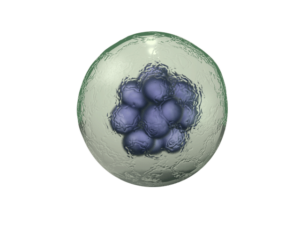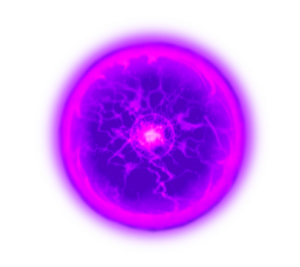What does Postpartum mean?
Postpartum refers to the period of time after a woman has given birth to a baby. It typically lasts for several weeks to several months, and it is a time of physical and emotional adjustment for the mother. During this time, the mother’s body goes through a variety of changes as it recovers from childbirth, including hormonal changes and physical healing. Additionally, the mother may experience a range of emotions, such as joy, anxiety, and sadness, as she adjusts to her new role as a parent. Postpartum care and support is important during this time to ensure the health and well-being of both the mother and the baby.









